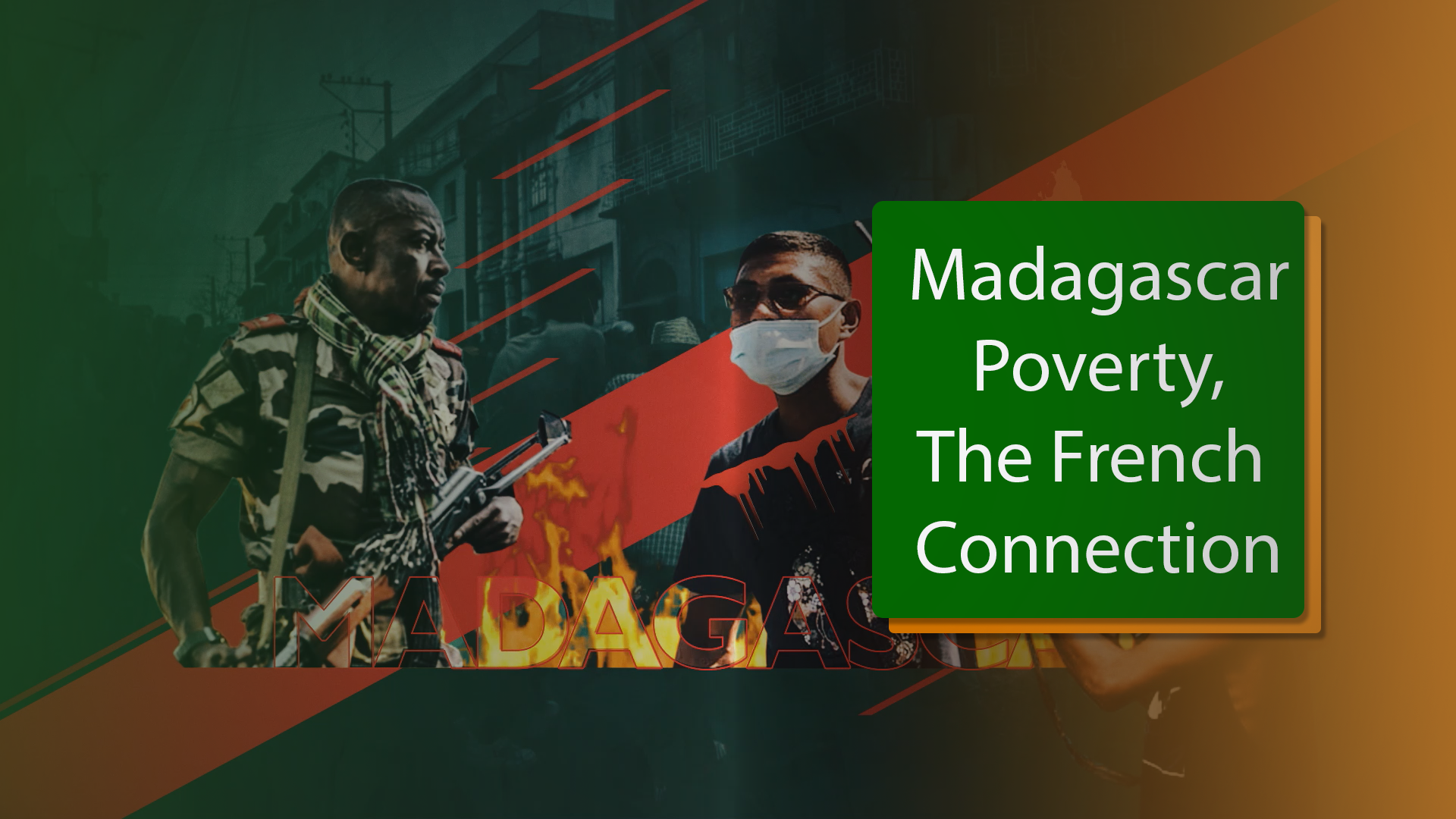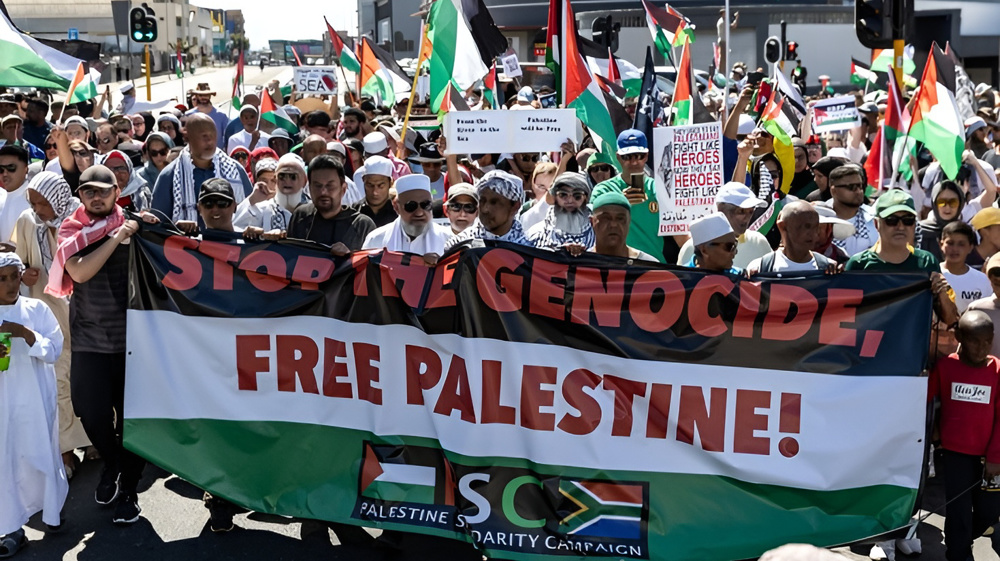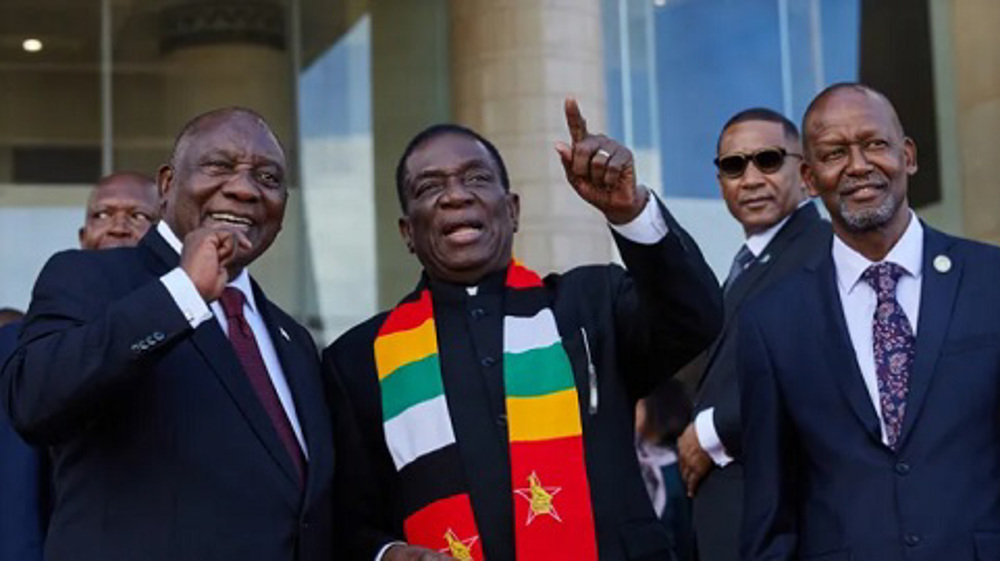Tanzania: Albinism under Attack from Tradition
For centuries they have occupied a sacred position at the heart of communities all over Africa, but now the Tanzanian government has banned traditional healers - also known as witch doctors - to protect people with Albinism from being hunted for their body parts.
Around 70 albinos have been murdered over the past 3 years in Tanzania by people, inspired by witch doctors who believe their organs bring good luck and wealth.
So, what is the best way of dealing with this critical issue without striking at the core of what some people believe to be their very Africanness?
Joining Henry Bonsu in the studio to discuss this are Fuad Janmohamed, a Tanzanian researcher, Dorcas Gwata from the charity Better Health for Africa, and on the line from Tanzania is Severin Edward, secretary of the Tanzania Albinism Society.
Albino body parts sell for around $600, with an entire corpse fetching $75,000. The government and Tanzanian Albinism Society (TAS) have created a special task force to tackle the kidnaps and murders.
But the move has divided opinion in the country. While some campaigners, including the TAS say the ban does not go far enough, others like Rashid Mauwa, a traditional healer from Dar Es Salam, claim it would victimise people like him who do not engage in witchcraft.
And some religious leaders worry that it doesn't tackle the deep rooted causes of the persecution of albinos. While Islam and Christianity are the main religions in Tanzania a 2010 survey found that 93 per cent of people still believe in witchcraft.
While albinism affects only one in 20,000 people in the west, as many as one in 1,400 people in Tanzania have the condition.
AY/NN
Diagnosing the roots of Iran’s economic turmoil
VIDEO | Press TV's news headlines
Son of Iran’s deposed Shah urges US, Israel to bomb country after failed ‘regime change’ plot
Jan. 12, 2026 – the day Iranians again rallied to reject hostile plots against Islamic Republic
IRGC intelligence dismantles MKO, monarchist terror cells in NE Iran
‘Permits of humiliation’: Israel targets Christian schools in al-Quds
Over 470 terrorists, riot ringleaders captured across Iran
UNRWA chief warns about 'record highs' of diseases in Gaza amid Israeli siege









 This makes it easy to access the Press TV website
This makes it easy to access the Press TV website